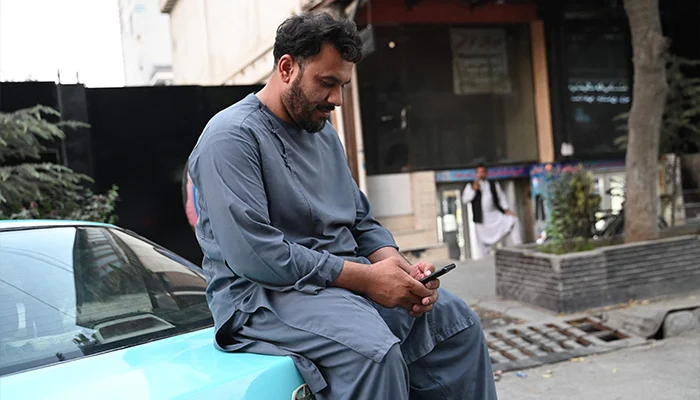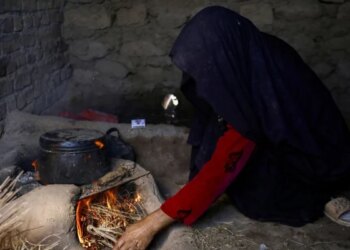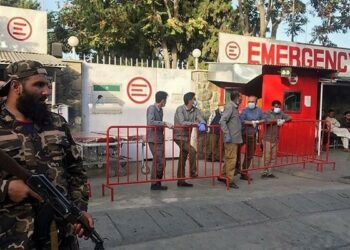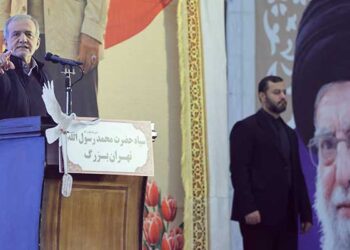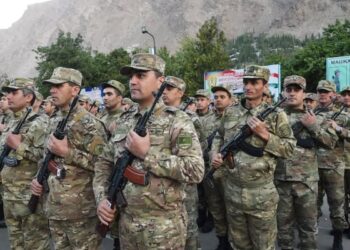Select Language:
Mobile signals and Wi-Fi have resumed across various provinces, including Kandahar and Herat. In Kabul’s streets, rejoicing is underway with sweets, balloons, and prayers as people celebrate. The UN has called on the Taliban to ensure continuous access to internet services.
After a 48-hour outage, Afghanistan’s mobile networks and internet were restored Wednesday, following a sudden shutdown that left the country disconnected and business operations halted. The service interruption on Monday night caused widespread confusion when communications suddenly went dark, halting economic activity and isolating citizens from the world.
The blackout followed weeks of restrictions on high-speed internet in certain provinces, ordered by Taliban leader Hibatullah Akhundzada to curb “immorality.” On Wednesday, reports confirmed signal and Wi-Fi restoration in provinces like Kandahar, Khost, Ghazni, and Herat. The Taliban have yet to issue an official statement on the shutdown.
That evening, thousands gathered in Kabul, celebrating the return of internet connectivity. “It’s like Eid al-Adha; it feels like preparing for prayer,” said 26-year-old delivery driver Sohrab Ahmadi, expressing happiness from the heart. Streets buzzed with activity—drivers honked, phones rang, and people bought sweets and balloons, marking a rare moment of joy after days of tension.
Meanwhile, most businesses, airports, and markets remained closed, and banks and post offices couldn’t operate. Many residents, especially in Herat and Kandahar, traveled to border towns for signal access from neighboring Iran and Pakistan. The UN described the outage as leaving Afghanistan nearly completely cut off from the outside world and urged authorities to restore connectivity.
Over recent weeks, internet speeds have been extremely sluggish or inconsistent. In early September, authorities first imposed bans on internet services in northern provinces, citing vice prevention and promising new measures to address connectivity needs. The government also claimed that certain applications were harming Afghanistan’s social fabric, affecting its economic, cultural, and religious foundations.

